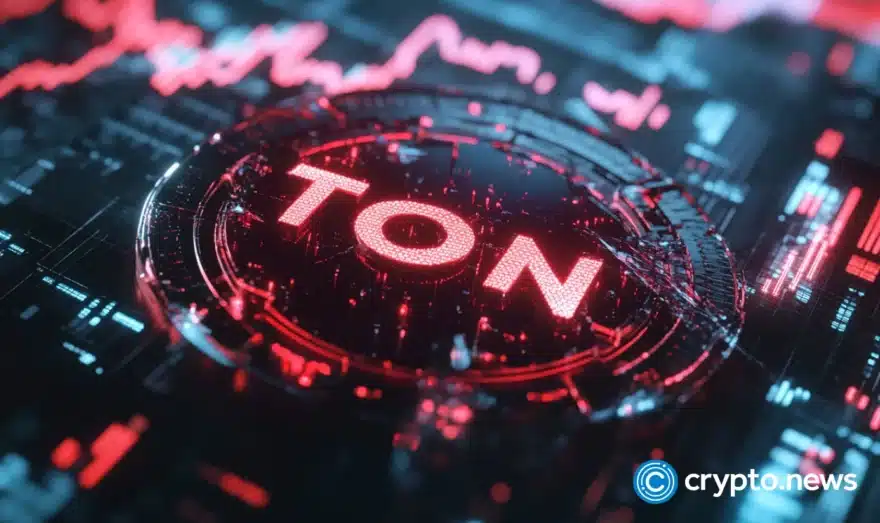Former SEC Commissioner Hopes for a Sweep of ICO Regulation

The current Securities and Exchange Commission (SEC) staff have only made a few light warnings regarding the wild west of ICOs. Some point out the importance of curbing regulation in order to stimulate innovation, while others expect sweeping corrections.
SEC Warnings
The novel method of generating a digital token that can only be used on a startups platform has generated swaths of quick capital. The initial coin offering has also become increasingly popular due to its ability to navigate around government regulation. This, however, has been met with formal warnings from the SEC.
The critical features that the current staff of the commission are pointing out revolve around key themes. First and foremost, they are urging both laymen and accredited investors to tread cautiously in this high-risk territory. A just warning as more than a few ICOs simply walked off with investors contributions. In a general statement in July 2017, the commission outlined how the fundraising platform works, but more importantly:
“Investing in an ICO may limit your recovery in the event of fraud or theft. While you may have rights under the federal securities laws, your ability to recover may be significantly limited.”
Another piece of critical information that investors need to be aware of is defining the asset class that these digital tokens fall under. The question of terminology has attracted lawyers and even former members of the SEC to weigh in.
Hesitancy in Attempts at Regulation
In a New York Times piece by bitcoin journalist Nathanial Popper, he outlines one disgruntled former SEC member’s view on the rise of the ICO. Joseph Grundfest, now a professor of law and corporate governance at Stanford, stated that, “ICOs represent the most pervasive, open and notorious violation of federal securities laws since the Code of Hammurabi and that It’s more than the extent of the violation, It’s the almost comedic quality of the violation.”
Here in lies the problem. If tokens or coins are released by an ICO, they can fall under one of two categories; security or utility. The latter implies that by purchasing the coin offered, contributors are simply looking to operate within the local economy that is the startup. The former principally assumes that investors are looking to make a profit by buying a token. If a token is defined as a security then “federal and state securities laws, require investment professionals and their firms who offer, transact in, or advise on investments to be licensed or registered.”
Although he agrees that the technology is indeed disruptive and relatively revolutionary, Mr. Grundfest believes that they remain a regulatory nightmare. At current, the former commissioner believes “that almost everyone buying tokens at this point was buying them with the hope that their value would go up, not because the buyer wanted to use them on some future computer network.”
Implying that most tokens are in fact unregistered securities, he also hopes that the SEC is gearing up to do “a sweep of 50 ICOs.”














